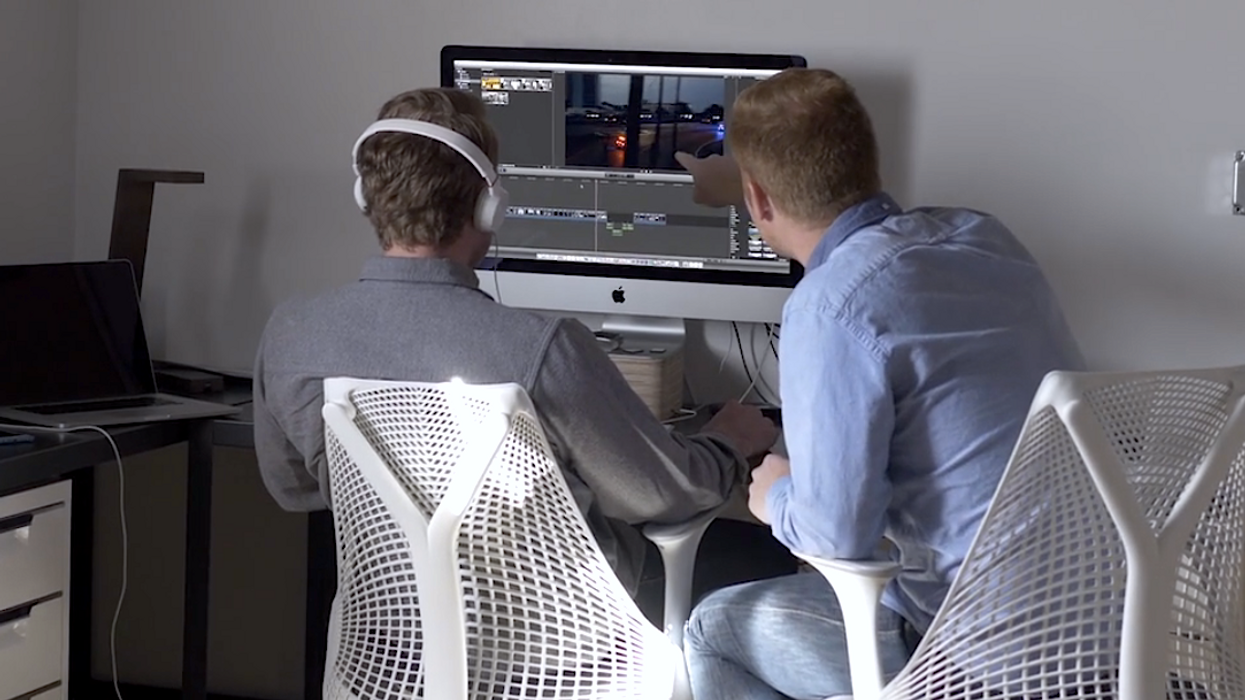6 Practical Tips That Will Help You Become a More Efficient & Organized Editor
Editing is a lot like writing. It's a tedious process that requires keen attention to detail, and if you don't work efficiently, your next project will take a whole lot longer than you want it to.

Our friends over at Story & Heart, the story-driven stock footage service, are celebrating the 6-month birthday of the film school that's built directly into their service. It's called the Academy of Storytellers, and it features awesome filmmaking tutorials, webinars, one-on-one conversations with working filmmakers, and exclusive gear discounts. Right now, they're offering $100 off your first year of the Academy by entering the code "cheer" at checkout. That's pretty cool, and you should definitely check it out, but let's get back to issue of editing more efficiently.
Justin and the S&H team were also kind enough to share with us an exclusive tutorial from the Academy, and it deals with a few of their favorite tricks for making the editing process more efficient and organized. It features filmmaking rockstars like Joe Simon of The Delivery Men and Ray Tsang, who has won a pile of Emmys. Check it out:
Lastly, even though we've written about keyboard shortcuts quite a few times, it's worth stressing the point again. Keyboard shortcuts, once you've committed them to your muscle memory, will speed up your editing process considerably. Personally, I recommend creating your own set of shortcuts or modifying the default set in your NLE. Using shortcuts that make sense to you is a better strategy than rote memorization of shortcuts that don't make much sense at all. The last tip I have in regards to keyboard shortcuts is customizing and memorizing only the shortcuts that you use most often. There are hundreds of shortcuts in any NLE, and trying to memorize every single one of them will just drive you insane. If you can memorize the few that make up the bulk of your editing actions, you'll see a huge boost in efficiency.
Here's a quick recap of the other tips and tricks in the video:
If you're interested in more tutorials like this one (plus a whole lot of other cool stuff), go check out the Academy of Storytellers. They're offering $100 off your first year of membership up until Friday evening (June 26th) at 9pm PST. Just enter the code "cheer" at checkout. Head on over to the Academy to learn more.
What are your most powerful tips for editing and working more efficiently? Share them with us down in the comments!
Source: Academy of Storytellers














